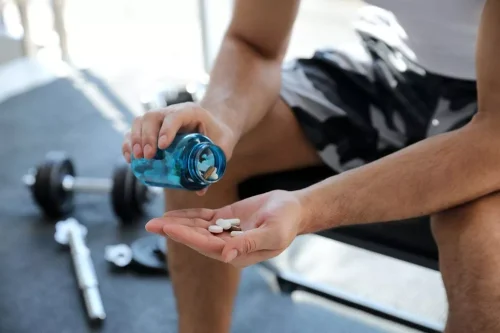
People with a history of depression are more likely to develop a host of physical health issues—and get them at a faster rate—compared to those who don’t live with the mental health disorder, a new study suggests. When people have anxiety, drinking alcohol might seem like an effective way to cope. And though the immediate effects might lessen some of the worry or dread you feel, this change is short-term, and the long-term consequences can make matters worse. Among people with major depressive disorder, the co-occurrence of AUD ranges from 27 to 40 percent over a lifetime, according to the National Institute on Alcohol Abuse and does alcohol make depression worse Alcoholism (NIAAA).
- Only one notable study of COA’s has demonstrated a higher-than-expected risk for these major psychiatric disorders.
- In the short term, drinking alcohol can make you feel good, sociable, and even euphoric.
- People with depression frequently lose interest in activities that once brought them joy like hobbies and social events.
- In residential treatment, “an individual stays in a treatment setting, receives intensive therapy, and is physically separated from alcohol in order to recover,” says Kennedy.
Support groups
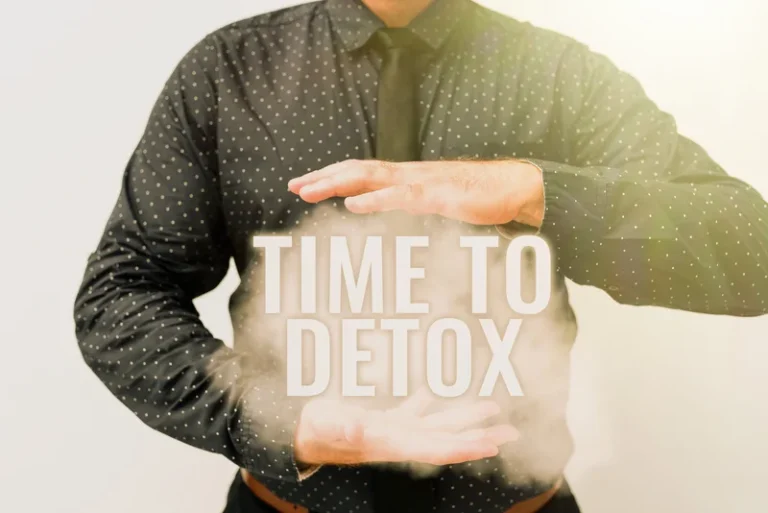
Bad sleep can easily affect your mood the next day, since exhaustion and lingering physical symptoms can make it tough to concentrate. Everyone feels blue or down from time to time, and people often say that they feel “depressed” during these temporary bouts of sadness. But clinical depression isn’t just a matter of feeling the occasional ups and downs or periodic sadness caused by issues of daily life.
It’s Likely That the Risk Goes Both Ways
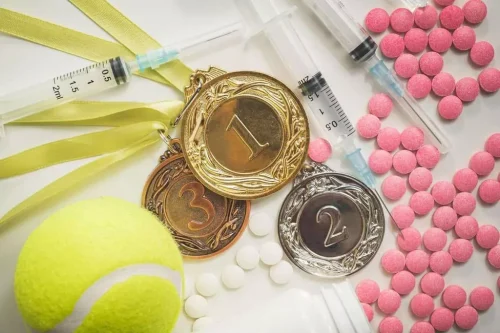
Kitley ultimately decided to detail her experiences with drinking and depression in her autobiography, “MY self.” After getting sober, Kitley’s cravings for alcohol continued for about a year — particularly during stressful or challenging times. However, she says finding a community of fellow sober moms, and returning to therapy as needed, has helped her to stay the course. Since quitting drinking, Kitley says her mood is the most consistent it’s ever been. Once she began feeling pangs of shame while drinking heavily after work, she decided to go back to AA. Kitley continues to use this fellowship as a resource while working on her sobriety.
How to get support
- Some of the main effects of alcohol intoxication involve disinhibition, increased impulsivity (loss of self-control), and behaviors focusing on current thoughts, feelings, or emotions without regard for social norms.
- “In our society alcohol is readily available and socially acceptable,” says Jill Bolte Taylor, PhD, author of Whole Brain Living, explains.
- This release of dopamine may help explain why many people believe alcohol eases their depression — but these effects are temporary.
- It can be tempting to drink if you’re feeling unhappy, but there’s a better solution out there.
- But if you turn to alcohol to get you through the day, or if it causes trouble in your relationships, at work, in your social life, or with how you think and feel, you may have a more serious problem.
In small to moderate amounts, alcohol can temporarily lift your spirits and help improve your mood. It helps people understand events and thought processes that lead to depression and substance misuse. During therapy, you can learn coping mechanisms that can help you return to life without drinking. In addition, your doctor may prescribe medicines that are meant to lower alcohol cravings, which can reduce your desire to drink.
Drinkchat
While dehydration does not cause anxiety, these conditions are related. In addition to the physical symptoms, dehydration triggers the release of stress hormones, impacts neurotransmitters, and disrupts cognition (thinking ability), all of which can contribute to feelings of anxiety or panic. If you have stopped drinking alcohol for a few weeks but are still feeling depressed, psychological treatments or Talking Therapies may help.
- Even among patients whose alcohol use does not rise to the level of an alcohol-use disorder, drinking can have a deleterious effect on depression and depressive symptoms and may dampen the impact of treatment for depression.
- This co-occurring disorder isn’t uncommon, but it can be difficult to treat.
- The few studies that have examined the association between alcohol use and depression have found that alcohol use negatively impacts depression even among samples who drink moderately (Hoencamp et al., 1998; Sherbourne, Hays, & Wells, 1995; Worthington et al., 1996).
- One study of people with both AUD and depression undergoing treatment for both conditions found that the majority of symptom improvement for both conditions happened during the first three weeks of treatment.
- For some, depression hits first and drinking becomes a way to self-medicate.
What People With Depression Need to Know
According to one 2021 study, when people with alcohol use disorder quit drinking, their symptoms of depression improved significantly. AUD is a medical condition “characterized by an impaired ability to stop or control alcohol use despite adverse social, occupational or health consequences,” according to the National Institute on Alcohol Abuse and Alcoholism. Binge drinking and heavy alcohol use can increase an individual’s risk of alcohol use disorder. If you are struggling with depression, don’t exacerbate your depression symptoms with alcohol. And if you are struggling with both depression and alcohol abuse, find a dual diagnosis treatment center that can help you make a full recovery from both disorders. Drinking alcohol is a common social activity, but it’s important to do it in moderation to protect your physical and alcoholism symptoms emotional health.
Anxiety and depression are more common among people with heavy drinking habits
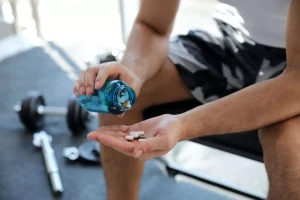
A dual diagnosis can be complicated to treat, no matter the circumstances. The most common treatment options are included below, but know that recovery requires a personalized treatment plan that best suits your mental health needs. Alcohol can produce feelings of euphoria and excitement, making you feel instantly happier and more confident, but those feelings are fleeting. Much like barbiturates (sedatives), alcohol is a drug that affects the central nervous system (CNS) and the brain’s functionality.
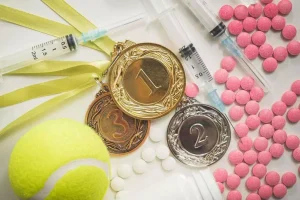
Drinking to cope can become a pattern
This includes options for NHS support, links to charities, helplines and communities, and tips on self-care. Physical symptoms can include changes in appetite or weight (usually decreased, but sometimes increased), lack of energy, low sex drive and disturbed sleep. Signs to look out for include things like continuous low mood or sadness, feeling hopeless and helpless, having no motivation or interest in things, and – for some people – thoughts about harming themselves. If you need urgent help with your mental health, you don’t have to struggle alone.